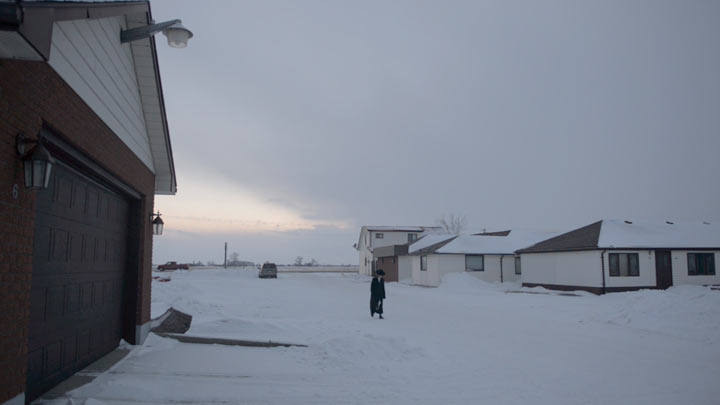TORONTO – Quebec, Ontario, Alberta, Trinidad and Tobago and now Guatemala: The flight paths of 13 Lev Tahor children under an apprehension order by an Ontario court to be placed in foster care is long and diverse. So how can Canadian authorities work within international law to apprehend the children in question and bring them to foster care?

The order made by an Ontario judge stemmed from a Quebec youth protection investigation into allegations of child abuse and neglect when the community was living in St-Agathe-des-Monts, which was continued by Chatham-Kent Children’s Services when the community arrived in Chatham, Ontario last November.
READ MORE: Third Lev Tahor child hospitalized due to hunger strike: spokesperson
At least two Lev Tahor families left Canada for Guatemala last week, but some of them were stopped in Trinidad. The group (three adults and the six children) was detained by immigration authorities after their flight landed in Trinidad and Tobago Monday, March 3. They were returned to Ontario Friday by authorities, including child protection, who flew to Trinidad to retrieve them.
Two other children were met by police Sunday afternoon in Calgary and returned to Chatham-Kent Children’s Services with the help of Peel police, according to a statement from executive director Stephen Doig.

A spokesperson for Lev Tahor said those in Guatemala are “on vacation” and will stay there until after their appeal against the order to remove 13 children from their families is heard April 4. She said if Lev Tahor loses the appeal, the group on vacation will likely stay in Guatemela.
Queen’s University family law professor Nicholas Bala said child welfare agencies aren’t typically involved in these kinds of international investigations, but said it’s fortunate that Guatemala is a Hague convention country that recognizes international conventions on child abduction and protection.
“We have accepted as a society—not only in Canada, but internationally—as reflected in these conventions, that parents don’t get to define – they don’t have an unfettered discretion to say, ‘This is what our religious beliefs want and therefore we can do whatever we want with our children,’” Bala said.
That said, Canadian child welfare authorities can’t just go to Guatemala to retrieve the children.
“They would have no authority,” he said. “They’d have to go through a court process in Guatemala involving the Guatemalan child welfare authorities, the Guatemalan police, the Guatemalan court … not to mention Canadian immigration. So we can’t just go there and say, ‘Take these kids back to Ontario.’ The CAS in Ontario has to work with the people in Guatemala to get the children back to Toronto.”
Bala said if the Lev Tahor parents wanted to “drag out” the situation by insisting on a hearing and court process in Guatemala, they could (just as they could’ve in Trinidad) but that often people prefer to fight such matters in familiar countries.
“The ultimate issue will be: Are the children abused? What does that mean? How are we going to help the children in a way that respects their religious beliefs? And that has to be litigated somewhere; investigated and litigated.”
Lev Tahor has denied all allegations of child abuse and neglect. They’ve said this is an issue of religious persecution.
Bala believes the fact that the apprehension order has been made and that Guatemala is a Hague convention country will have “significant weight.”
“If they had fled to a non-Hague country—let’s say Saudi Arabia– the order would have no effect,” he said. “Because it’s a Hague convention country, there’s a much better chance (and I would say a high likelihood) that the children will be returned eventually or even more quickly.”


Comments